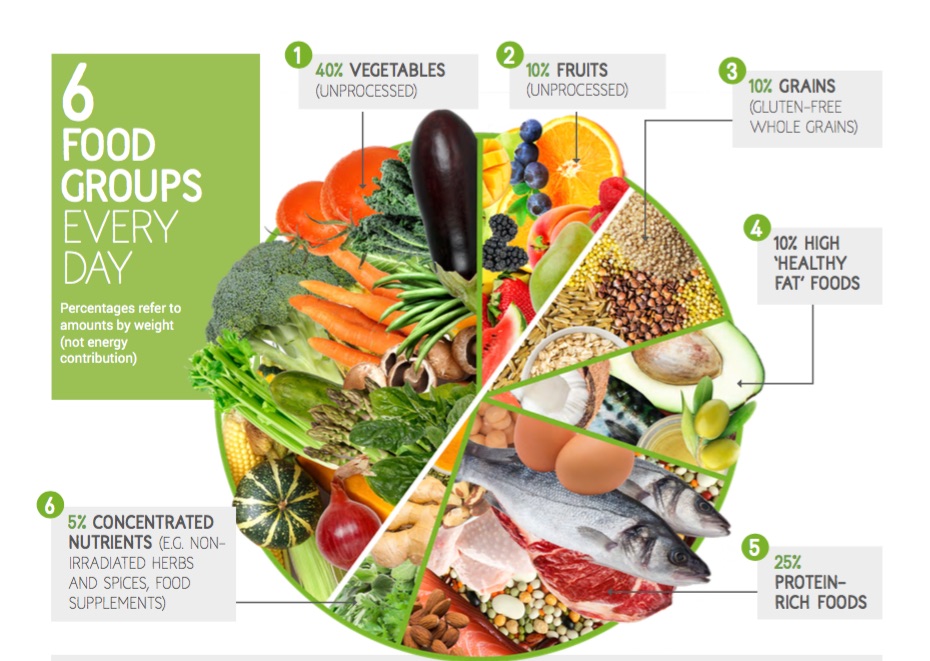3 Reasons you may be experiencing weight gain in your 40s (without changing anything). And what you can do about it.
Research has shown that many women experience an increase in body weight during perimenopause.
And even if you don’t put on weight, your body composition may change with an increase in fat compared to lean muscle tissue.
You may also find yourself noticing a change in your body shape…most often a thickening waistline and more fat around your middle.
This can happen especially during the last 2-3 years of perimenopause.
This increase in fat mass is often the internal type, the fat around your organs which is called visceral adipose tissue or VAT.
This is the more harmful type of fat that can contribute to an increased risk of diseases such as cardiovascular disease, type 2 diabetes and certain cancers.
All the more reason for us to be aware of it and to do what we can to lower are risks and improve our health
3 REASONS THIS CAN HAPPEN
-
A decline in your ability to control blood sugar as effectively
Blood sugar balance is regulated in part by your hormones. As hormones fluctuate and decrease in perimenopause, your ability to control your blood sugar also decreases.
Disrupted and poorer quality sleep (common in perimenopause) can also contribute to a decrease in blood sugar control.
Stress can also do this.
All of these things lead to an increase in the hormone insulin.
Insulin encourages the body to store fat by taking the sugars out of your blood.
But, over time you can become less sensitive to the effects of insulin and you need more of it to do its job…So guess what?…
Consistently high levels of insulin result in weight gain.
2. A natural decline in your daily energy needs
Your basic energy needs are the amount of energy your need just to breathe and for your organs to function. This is known as the resting metabolic rate and this rate can vary from person to person.
As you age and go through menopause this rate is lowered.
Research has also shown that during perimenopause, women start to move less and become less active.
We even as far as fidgeting less…
So, your muscle mass (which burns more energy) decreases. Muscle mass also declines with age
It is a combination of these things that means our daily energy needs can be reduced.
3. An increase in appetite or food cravings
Oestrogen is involved in the regulation of your hunger hormones.
With less oestrogen in perimenopause or menopause, your appetite may increase and you may experience food cravings.
Your digestion can also be affected by perimenopause and age.
There is a tendency to produce less stomach acid and the enzymes to break down foods effectively.
And this may have an impact on your overall gut health.
There are strong links between imbalances in your gut and an increase in body weight
So, your gut health is especially important at this life-stage and as you age.
WHAT YOU CAN DO ABOUT IT
-
Support Blood sugar and insulin control
It is inevitable that your hormones will change throughout perimenopause so what you eat, how you sleep and how you manage your stress become even more important.
Eating 3 meals a day with 4-5 hours between meals can allow insulin time to reset.
For most people, snacking and grazing on foods throughout the day should be avoided.
Make sure you include protein (meat, fish, eggs, poultry, nuts/seeds, beans/pulses) with every meal and avoid foods that are highly processed, high in sugar or quickly turned into sugar such as bread, cakes and pasta.
Find ways of managing stress and sleep which work for you. You can find examples of how of managing stress and sleep in my previous posts.
Exercise is also very important.
-
Increase physical activity and improve muscle mass
Keeping active and not sitting for too long is an essential component of good health and getting your 10000 steps in a day is beneficial for most of us.
However, if you are new to exercise, now is not necessarily the time to be taking up running long distances or endurance sports. There are always exceptions to the rule, but for most women, endurance sports increase stress hormones too much and can lead to further hormone imbalances.
Scientific research has shown that high-intensity interval training (HIIT) and resistance training can be beneficial for women in perimenopause as well as post-menopause.
The building of muscle or maintaining muscle mass has been shown to help to manage weight and body fat. It can also be beneficial for bone health.
-
Support digestion, gut health and appetite control
Increasing fibre rich plant-based foods and making sure you get enough protein and healthy fats with each meal are key to controlling your appetite and food cravings.
Unless you do a lot of exercise, limiting starchy foods and foods high in carbohydrates can also be beneficial.
A small glass of water with lemon juice or 1 tsp apple cider vinegar before meals may help with digestion.
Adding in bitter-tasting foods such as radish, chicory, endive, rocket and watercress may also be beneficial.
Chewing your food properly is a very simple, but often neglected part of good digestion too.
Here is an example of the different proportions of foods I recommend.

You may benefit from testing for nutrient deficiencies, imbalances hormones and gut health. Click here if you are interested in finding out more here
What now?
I cover all of these topics in much more detail in my online clinic on a one-to-one basis to fit in with your needs and lifestyle. Supplements may also be recommended. You can find out more about my packages and how they can help you here
For more tips and advice on perimenopause and menopause join a growing group of like-minded women here
To receive your FREE checklist of the Top 10 Foods to Include in Your Diet During Menopause click here
Image courtesy of ANH Food4Health Guide





